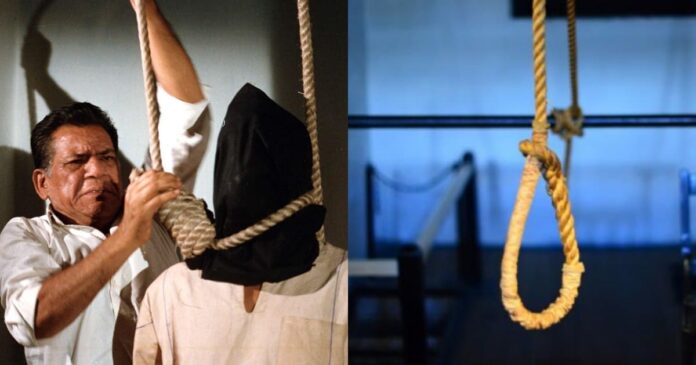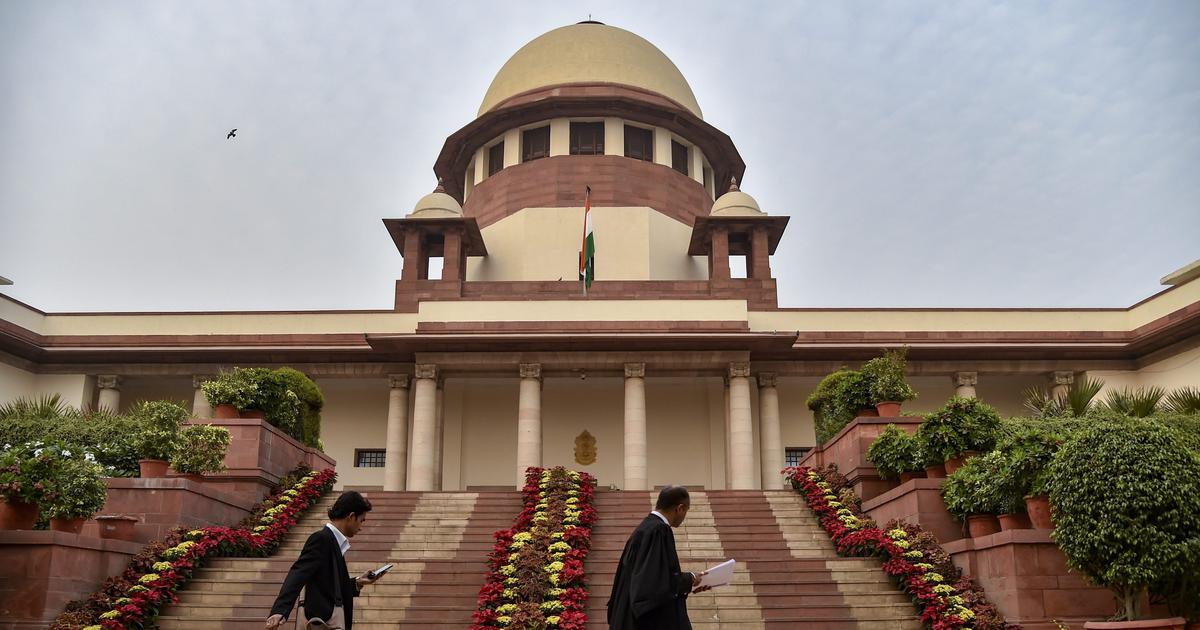Exploring the intriguing and often shrouded world of executions, this article delves into the question: What do executioners say in criminals’ ears while carrying out the act? Delicately navigating the morbid curiosity surrounding this topic, we seek to uncover the mysterious words exchanged in those final moments. Join us on a journey of exploration and understanding as we shed light on a little-known aspect of the solemn and controversial practice of executions.

The Capital Punishment in India
Before executing the condemned, the executioner seeks forgiveness (मुझे माफ कर दो). If Hindu, ‘Ram-Ram’ is said; for a Muslim, ‘Salam’ is whispered. The executioner, bound by duty, laments, “What can we do?” This tradition preceding executions in India reflects a cultural acknowledgment and respect for religious diversity. The ritual encapsulates a moment of humanity amidst the somber task. The act of seeking forgiveness and offering religious phrases acknowledges the condemner’s humanity, emphasizing the duty-bound nature of the executioner. Despite the grave situation, this practice symbolizes an attempt to preserve dignity and respect for individual beliefs in the face of a solemn duty.













